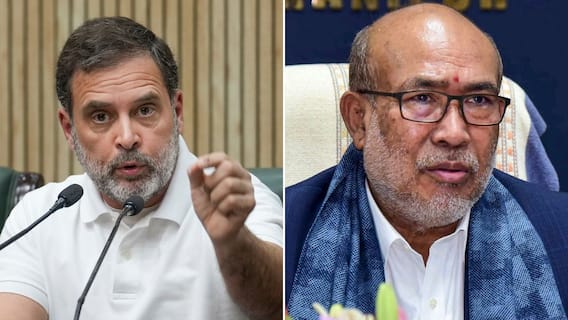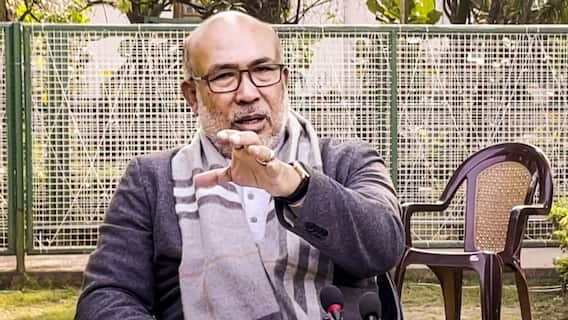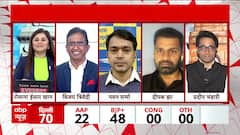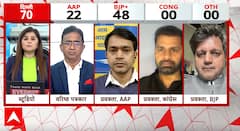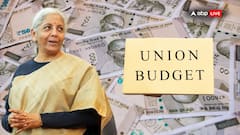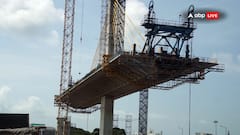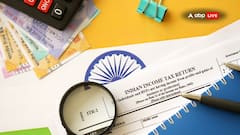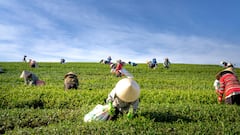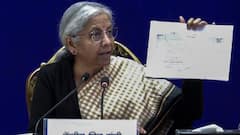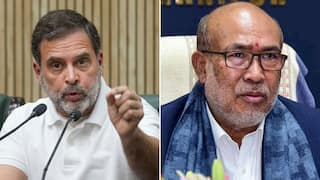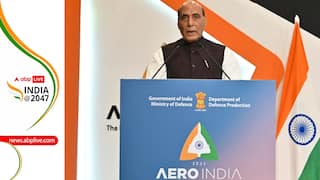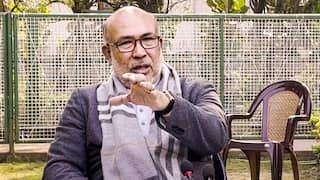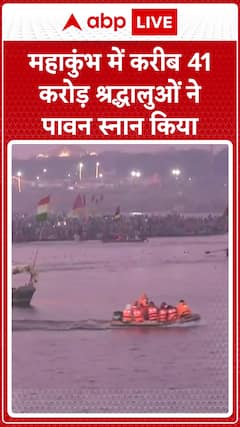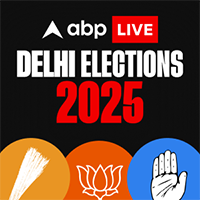(Source: ECI/ABP News)
Sri Lanka Hikes Fuel Retail Prices Under New VAT Rates
As part of the new system, most items that were earlier exempted from VAT have been brought under 18 per cent, making the move very unpopular amongst the public

The Sri Lankan government increased retail fuel prices by Rs 20 effective Monday, as part of its monthly revision. This marks the first retail price hike of any product after the imposition of new Value-Added Tax rates. Notably, the government changes fuel prices on a monthly basis after the exchange rate of the US dollar and the prices in the global oil market.
At the same time, the hike in fuel prices on Monday came as a result of the new VAT rates. The island nation’s VAT rate has been hiked by 3 per cent from Monday for the band, which was earlier taxed at 15 per cent, reported PTI. As part of the new system, most items that were earlier exempted from VAT have been brought under 18 per cent, making the move very unpopular amongst the public.
Last month, the International Monetary Fund (IMF) authorised the release of the second tranche worth $337 million to the cash-strapped country, thus, bringing the value of disbursements to $670 million as part of the four-year programme.
As part of the reforms, the IMF programme meant that the government decided on cost-based tariffs for utilities, while multiple rate hikes on electricity consumption impacted the public. The Ministry of Energy stated that prices of petrol and diesel used widely for transportation purposes, surged by over SLR 20 per litre, marking the first retail price hike of any commodity under the newly imposed VAT rates.
This is also the first time that fuel has been placed under VAT in Sri Lanka. The government noted that it removed the 7.5 per cent import levy on fuel to maintain the retail price at reasonable levels, keeping in mind the spiralling effect on the economy that has already been struggling.
President Ranil Wickremesinghe, who is also the finance minister, stated last month, “The increase of VAT from 15 to 18 per cent was necessary to raise state revenue to IMF desired levels.” Analysts commented that this VAT rate increase has placed the Sri Lankan government in an ‘awkward position’ as elections approach in 2024.
Also Read : IN PICS | From AI to Zionism, Here Are The Buzzwords That Dominated News In 2023
Trending News
Top Headlines









